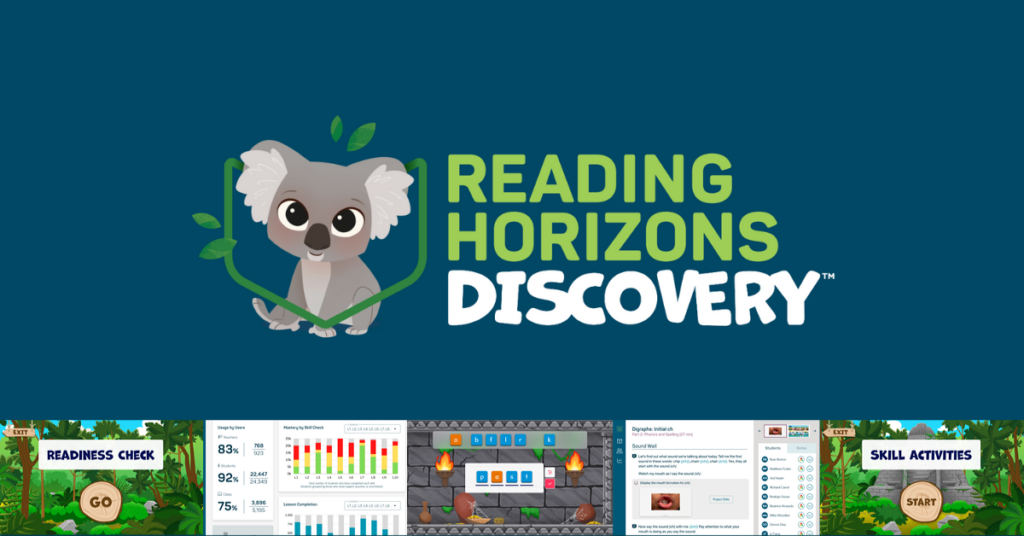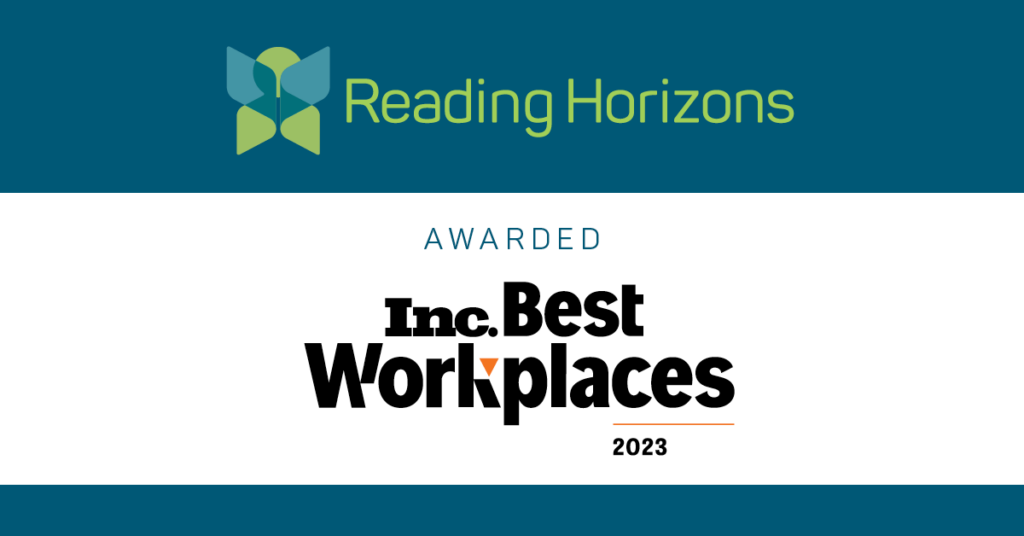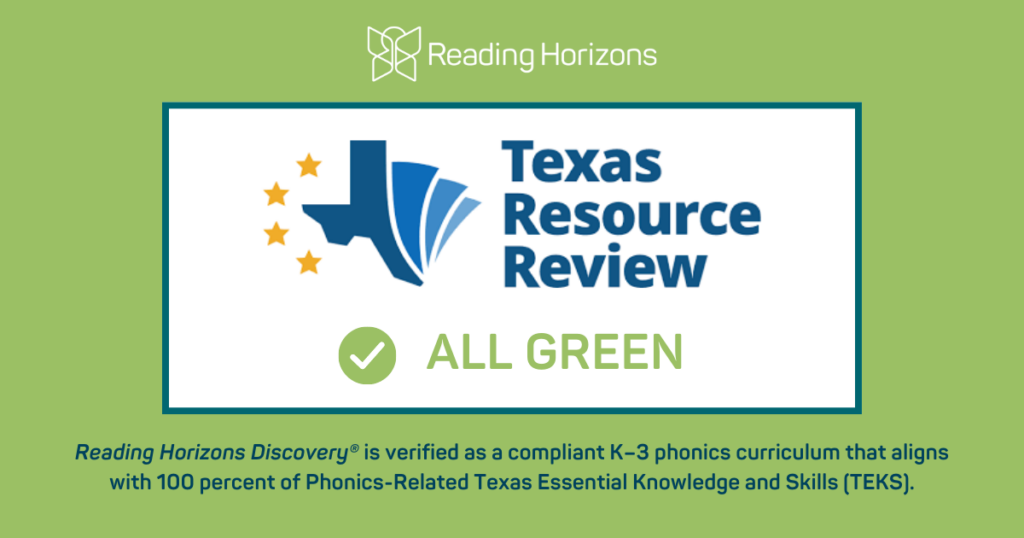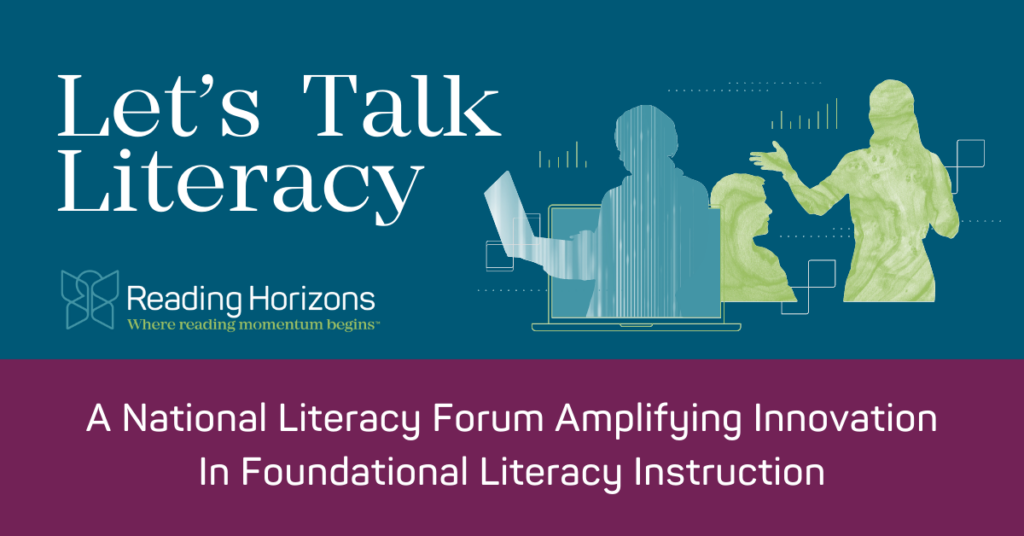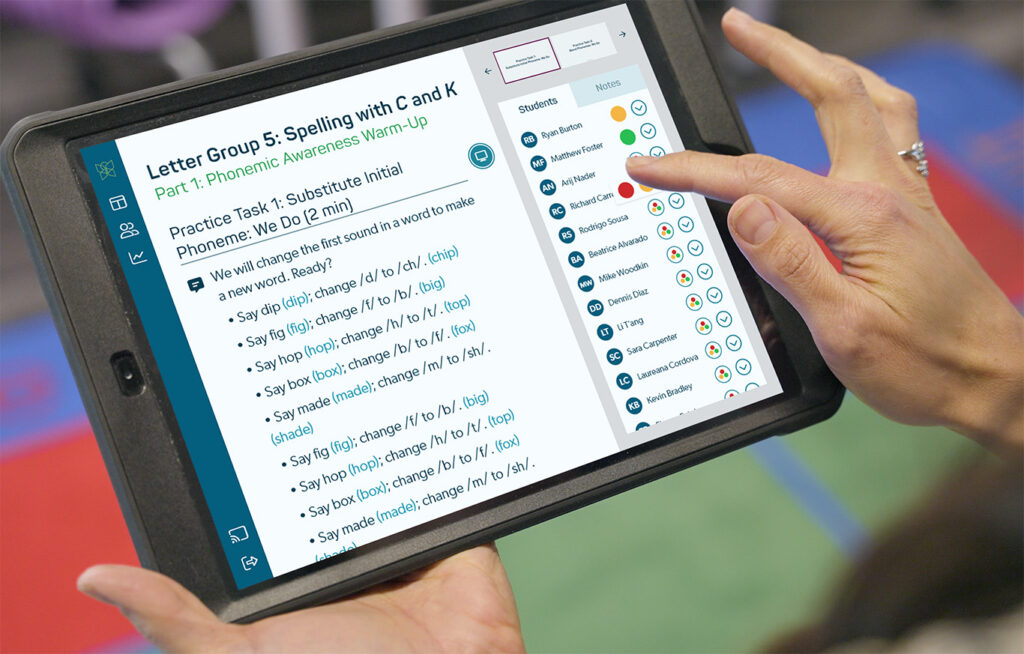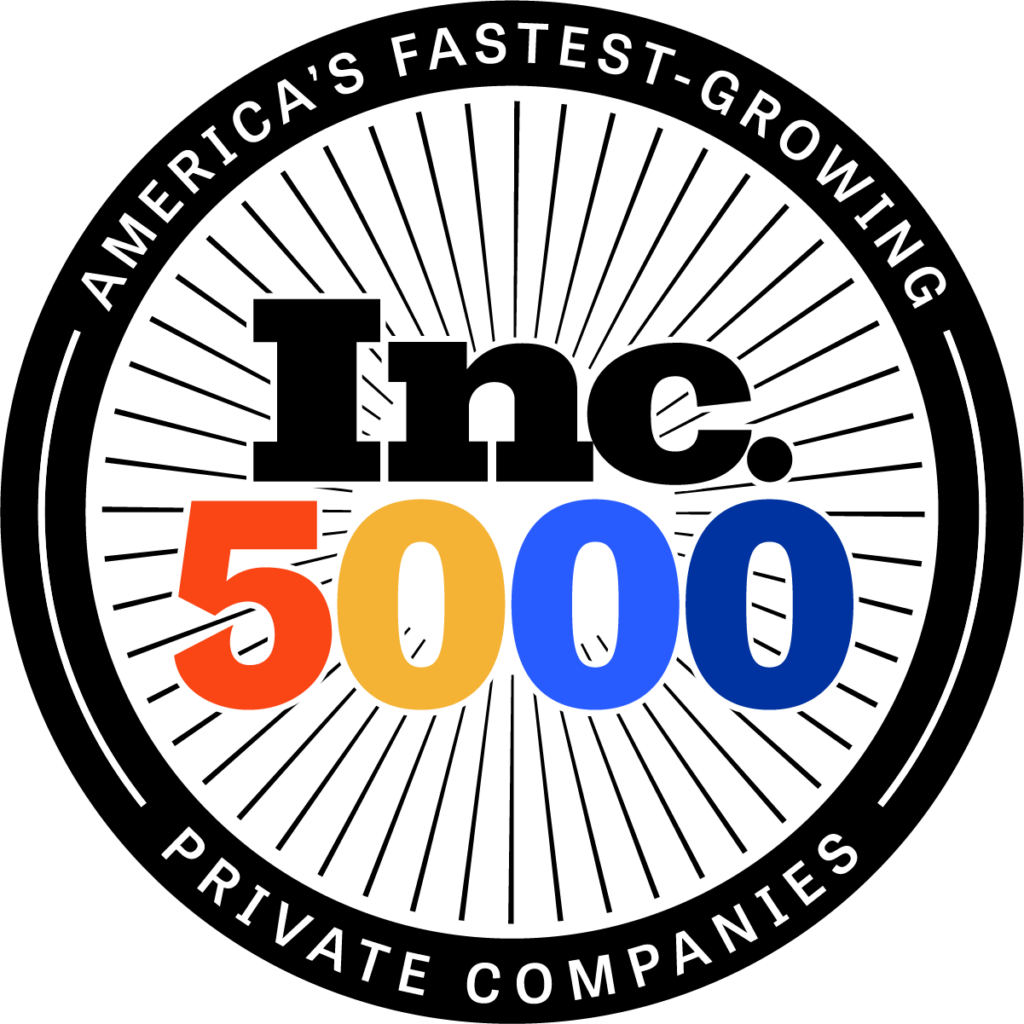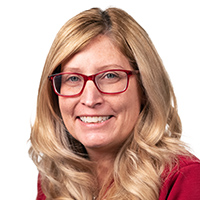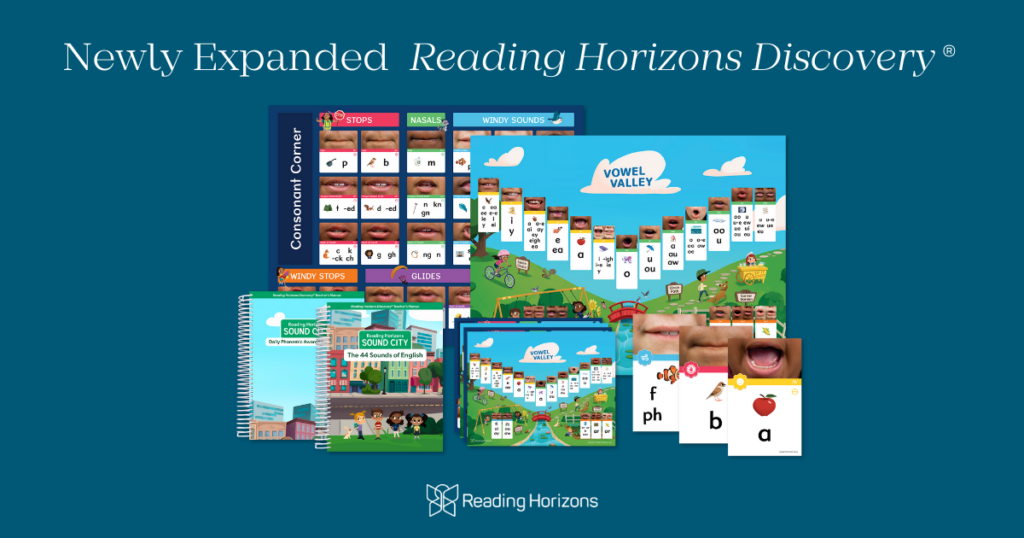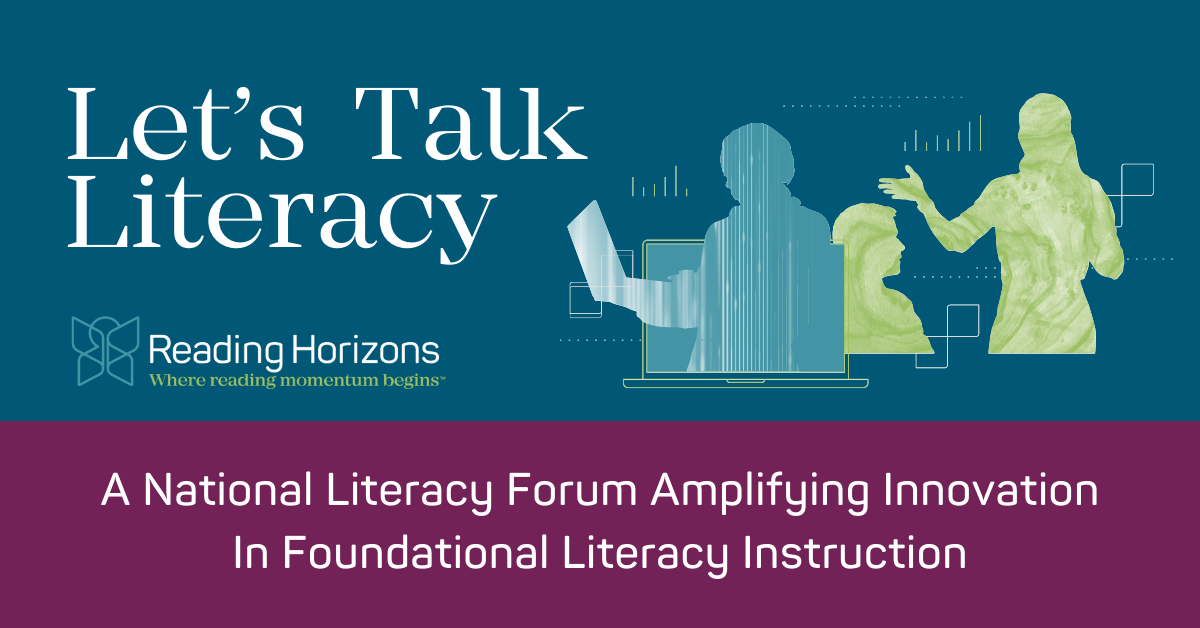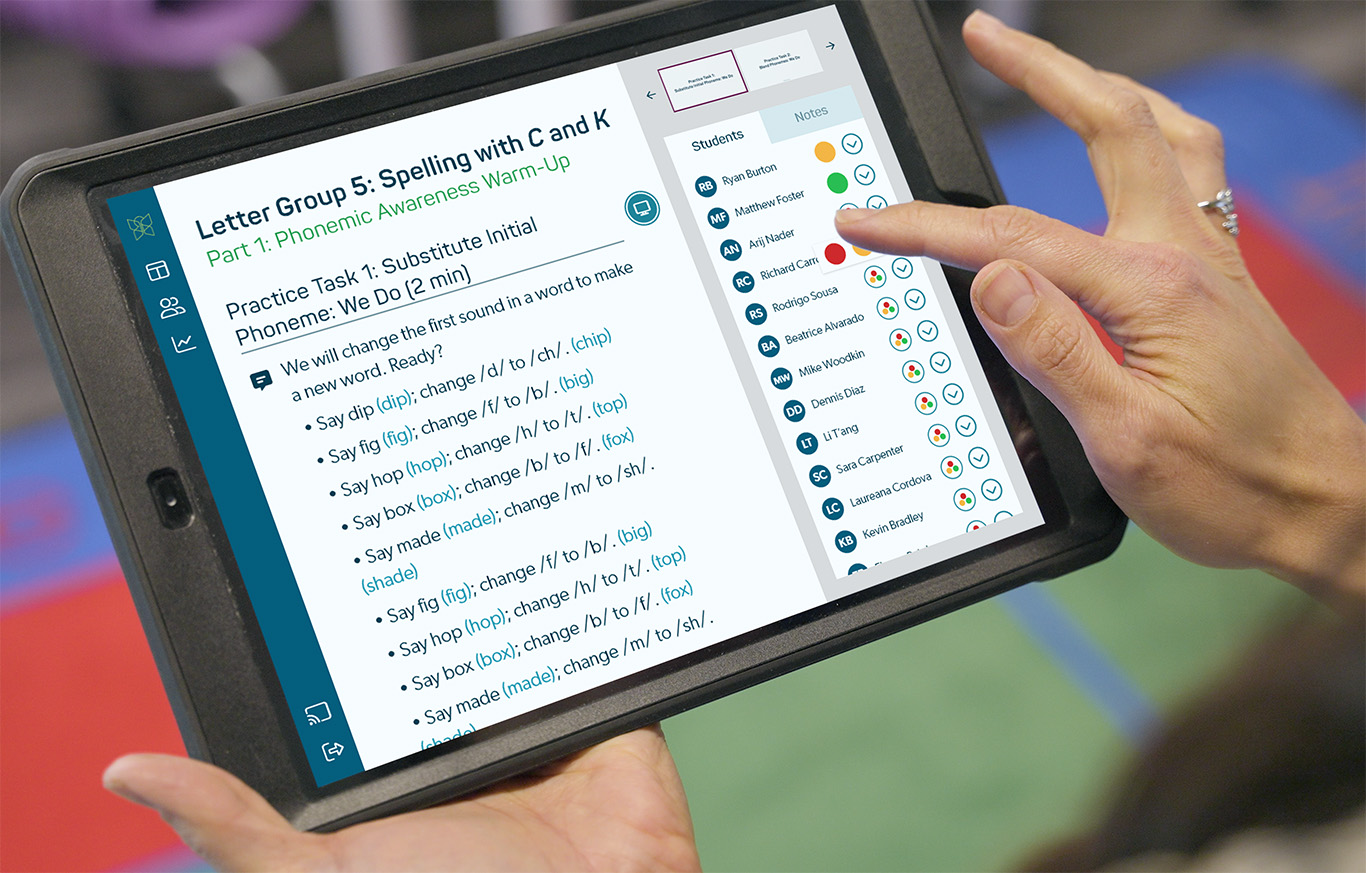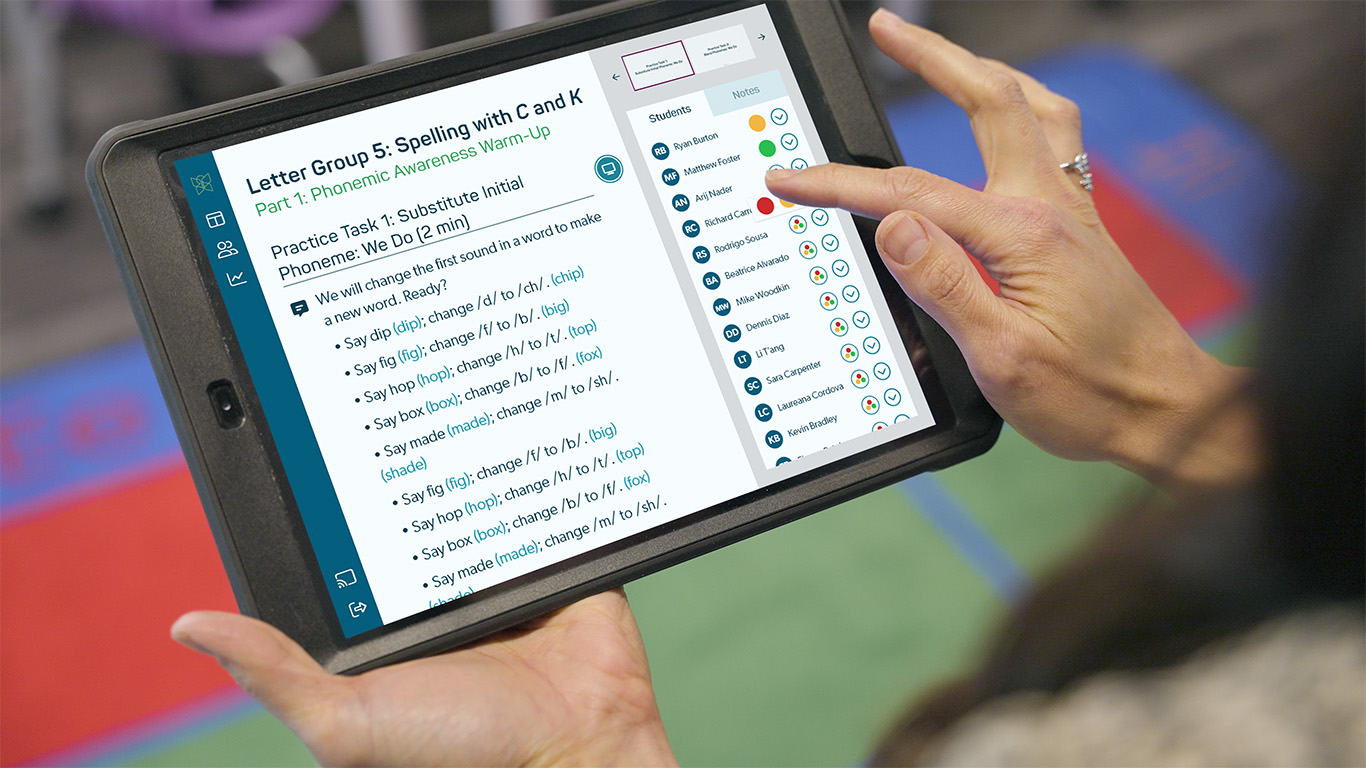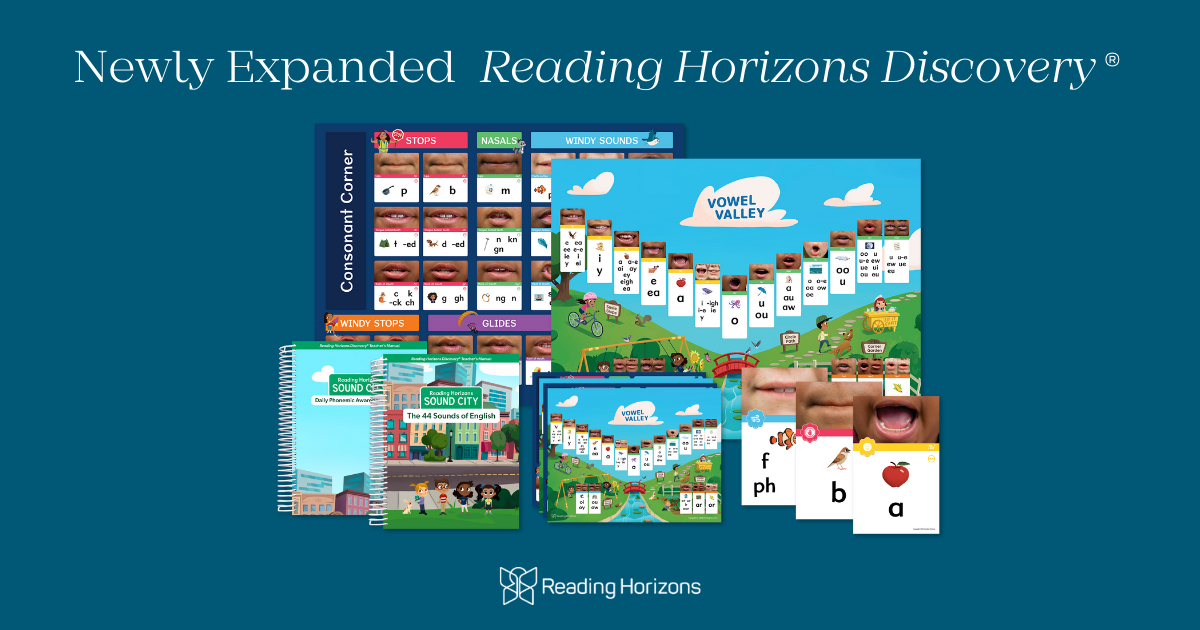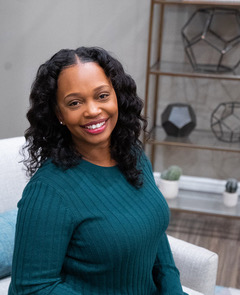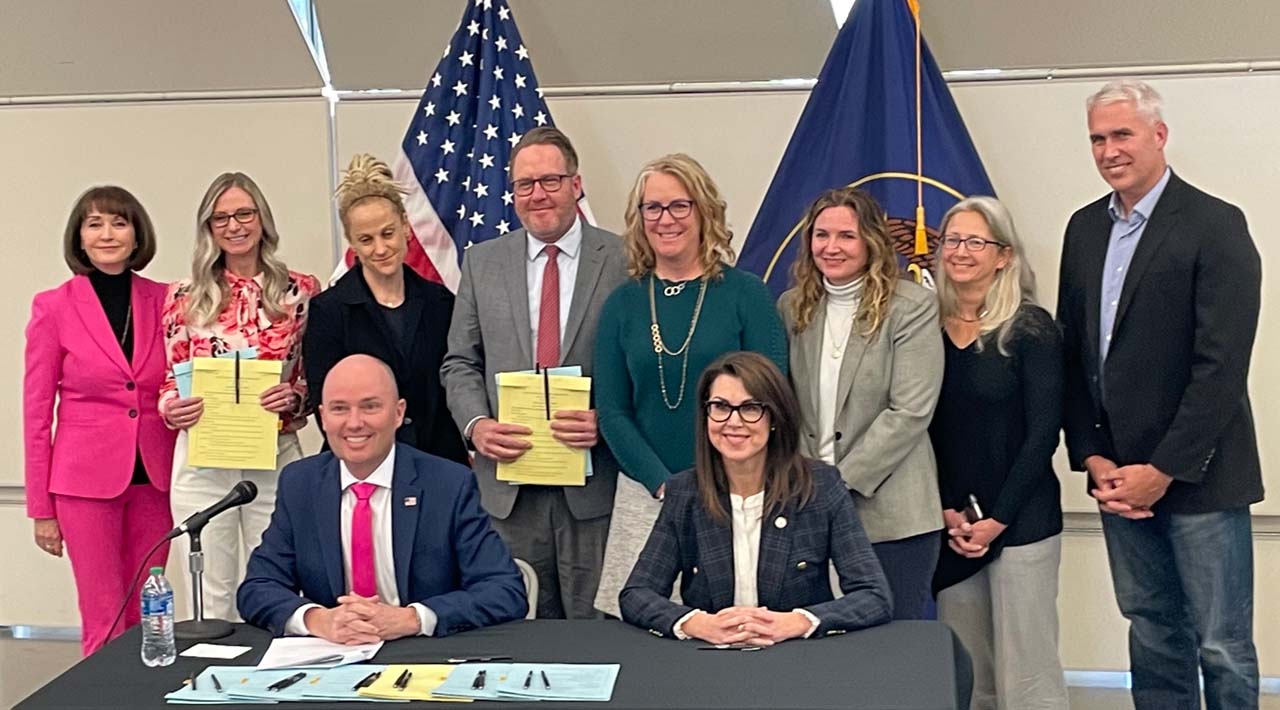The in-person series will empower education leaders with tools and strategies for teaching foundational literacy anchored in reading science
(KAYSVILLE, UT) March 14, 2023—Reading Horizons believes literacy is opportunity. To act on its long-standing commitment to helping all students achieve reading proficiency, the organization today introduced “Let’s Talk Literacy,” a series of free in-person professional learning events for education leaders nationwide.
Let’s Talk Literacy events give administrators an opportunity to learn, collaborate, and share challenges, ideas, and experiences with colleagues. The events also introduce actionable tools and practical strategies proven to boost reading proficiency. Participating educators will receive a full sample set of 54 decodable books and other resources to support a hands-on understanding of reading science fundamentals.
Reading Horizons serves as a supportive partner to more than 50,000 educators, working side-by-side with frontline classroom teachers and instructional leaders alike to improve reading proficiency and achievement. This new series of events enriches that partnership by fostering crucial, thoughtful conversations focused on making a measurable impact on reading proficiency and students’ futures.
“Our objective is to embrace and unite diverse perspectives to share best practices and build upon both classroom experience and reading science,” said Dr. Jennifer A. Bishop, national curriculum consultant at Reading Horizons. “By elevating crucial conversations about the most effective way to get all students reading, we strive to improve reading proficiency and literacy outcomes throughout the country.”
Reading Horizons provides engaging, accessible, systematic lessons to help all students master foundational reading skills, making measurable, lasting progress. The Reading Horizons multisensory method, paired with a new tech-supported lesson delivery system, helps educators provide effective, science-based reading instruction to all learners.
Let’s Talk Literacy events will be held this spring across the U.S., beginning on March 28 with events in Florida, Georgia, New York, and Pennsylvania. To join a supportive community of education leaders who are passionate about improving reading proficiency, administrators can sign up for a Let’s Talk Literacy event near them at readinghorizons.com.
About Reading Horizons
Reading Horizons supports educators with tech-supported, evidence-based foundational reading instruction that helps all students achieve reading proficiency. For nearly 40 years, Reading Horizons has continuously aligned its instructional method with advancements in the science of reading. Adopted by more than 50,000 educators, our method for teaching foundational literacy is proven to effectively prevent and remediate reading difficulties, allowing students to learn confidently. Reading Horizons is where reading momentum begins. For more information, visit readinghorizons.com.
